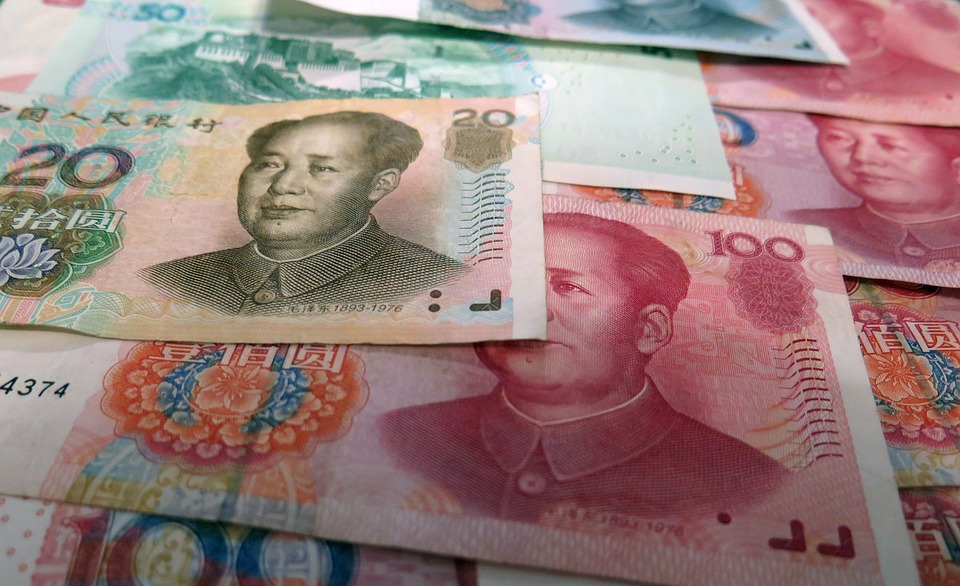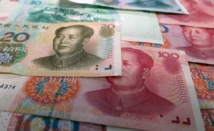At the time, heads of Chinese enterprises have to perform an important "mission": to prepare gifts not only for their customers but also to officials - patrons in politics. This tradition is observed for a long time, with some modern changes.
Until recently, the company executives gathered in Beijing from all over the country on New Year's Eve to bribe officials, on which the further conduct of business depends directly. But as China's leader Xi Jinping began conducting anti-corruption campaign in late 2012, cash gifts gave way to bunches of flowers and candies, says Institutional Investor magazine.
"Gifts are an integral part of the Chinese New Year. I used to give away red packets with a wad of cash. However, I’ve been striving to give a basket of fruit for the last two years." - said a businessman, who asked not to be named.
Tens of thousands of officials have been prosecuted for bribery after the anti-corruption campaign has gained significant momentum in 2013.
"Officials are now so afraid to take money from their friends and acquaintances that they have refused almost all public events that may constitute opportunities for giving a bribe," - said the businessman.
There is every reason for such caution. Last year, as part of the anti-corruption campaign, the authorities of China identified a number of so-called "tigers" - high officials level of deputy ministers and above.
The country’s former security chief Zhou Yongkang was sentenced to life imprisonment in June last year; former assistant to former head of China Hu Jintao, Ling Jihua is now awaiting trial. The anti-corruption campaign has led to a sharp decline in luxury goods sales in China, as well as provoked a sharp decline in casinos in Macau’s revenue.
The pressure is unlikely to diminish in the near future, as Xi called 2016 the year when "no one would dare to crank corruption schemes."
Nevertheless, a number of cases suggests that corruption, although has fallen sharply, not disappeared completely. Some stores, in order to help its customers to please friends in the government, use a creative approach to arrange fruit baskets.
It is rumored that a number of jewelry companies have teamed with confectionery companies. Now, one can buy pastries stuffed with gold bullions, or - from fruit shops - precious stones clapped into a basket of oranges.
"Of course, government officials cannot openly accept bribes, but they can take fruit baskets stuffed with gold as a gift. China is a country with one-party system, and the power is concentrated in the hands of officials. Only way to win their hearts is to fill their pockets with gold" - the businessman said.
source: institutionalinvestor.com
Until recently, the company executives gathered in Beijing from all over the country on New Year's Eve to bribe officials, on which the further conduct of business depends directly. But as China's leader Xi Jinping began conducting anti-corruption campaign in late 2012, cash gifts gave way to bunches of flowers and candies, says Institutional Investor magazine.
"Gifts are an integral part of the Chinese New Year. I used to give away red packets with a wad of cash. However, I’ve been striving to give a basket of fruit for the last two years." - said a businessman, who asked not to be named.
Tens of thousands of officials have been prosecuted for bribery after the anti-corruption campaign has gained significant momentum in 2013.
"Officials are now so afraid to take money from their friends and acquaintances that they have refused almost all public events that may constitute opportunities for giving a bribe," - said the businessman.
There is every reason for such caution. Last year, as part of the anti-corruption campaign, the authorities of China identified a number of so-called "tigers" - high officials level of deputy ministers and above.
The country’s former security chief Zhou Yongkang was sentenced to life imprisonment in June last year; former assistant to former head of China Hu Jintao, Ling Jihua is now awaiting trial. The anti-corruption campaign has led to a sharp decline in luxury goods sales in China, as well as provoked a sharp decline in casinos in Macau’s revenue.
The pressure is unlikely to diminish in the near future, as Xi called 2016 the year when "no one would dare to crank corruption schemes."
Nevertheless, a number of cases suggests that corruption, although has fallen sharply, not disappeared completely. Some stores, in order to help its customers to please friends in the government, use a creative approach to arrange fruit baskets.
It is rumored that a number of jewelry companies have teamed with confectionery companies. Now, one can buy pastries stuffed with gold bullions, or - from fruit shops - precious stones clapped into a basket of oranges.
"Of course, government officials cannot openly accept bribes, but they can take fruit baskets stuffed with gold as a gift. China is a country with one-party system, and the power is concentrated in the hands of officials. Only way to win their hearts is to fill their pockets with gold" - the businessman said.
source: institutionalinvestor.com



















